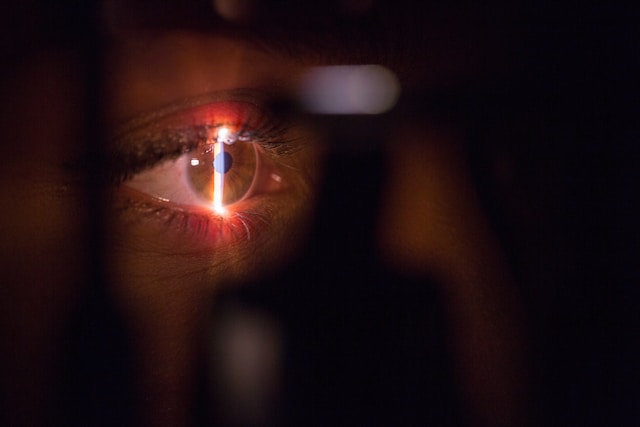5 Important Things to Know Before Your LASIK Eye Exam
LASIK is an eye surgery that uses lasers to correct vision problems. It reshapes the cornea so that light enters the eye correctly and takes the proper path to the retina.
Before you have LASIK, it’s essential to understand what is involved. You should also be aware of some of the risks and benefits.
Contents
Your Eye Health
Your eyes provide clues about your overall health. That’s why it’s so important to schedule annual eye exams. These tests can find diseases, like glaucoma before they cause symptoms. This is especially important for women because many severe eye diseases occur in middle age and beyond, like cataracts and age-related macular degeneration.
The good news is that you may reduce your risk of getting these illnesses by making a few easy lifestyle decisions. Sleeping, not smoking, and exercising regularly lessen the likelihood of having vision problems.
Your doctor will do several tests to decide whether you are a good candidate for LASIK. They will make sure your prescription has stabilized for at least 12 months (preferably 18- to 24 months). They may also look for signs of dry eyes. If you have dry eyes, your ophthalmologist will recommend using artificial tears or resting your eyes every 20 minutes.
Your Vision
Your cornea is dome-shaped, and it works with your lens to bend light to reach the back of your retina, where it communicates with your brain electrically about what you observe. Problems with the shape of your cornea or lens can cause blurry vision. LASIK changes the way your eye refracts light to improve your vision.
Your doctor will evaluate your eyes and prescription to ensure you’re a good candidate for LASIK. They will test your tear film to check for dry eye, which can be a side effect of LASIK.
Your doctor will also note any abnormalities that could affect your results, such as a flat or thin cornea (keratoconus). They will also measure how well you can see at various distances to determine whether you need an enhancement after surgery.
Your Lifestyle
The term lifestyle describes your interests, inclinations, and values. It can also refer to your health-related habits, such as diet, exercise, and social activities.
Your lifestyle can have a direct impact on your vision. It can also affect your eligibility for LASIK surgery. This procedure can correct refractive errors like nearsightedness, farsightedness, and astigmatism. But particular health conditions can increase the risk of complications from LASIK, such as glaucoma or dry eye.
For example, if you wear contact lenses, you may need to discontinue wearing them for a few weeks before your LASIK eye exam Washington. Contacts can change the shape of your cornea and cause inaccurate measurements. This can lead to unpredictable results. This is why discussing your lifestyle with your ophthalmologist or optometrist before your LASIK eye exam is essential.
Your Budget
It is essential to understand the financial commitment involved in LASIK. This is an elective procedure and is not covered by insurance. Finding an experienced surgeon who will provide you with a detailed breakdown of the surgery’s costs and recovery time is also crucial.
It’s a good idea to ask for a referral from your primary care doctor or ophthalmologist. This will help you see a qualified eye doctor who has performed LASIK for many patients.
Be sure to schedule a follow-up appointment with your doctor to ensure that you are healing correctly. It’s also a good idea to arrange for someone to drive you home after your surgery as your vision may be impaired, and it is unsafe to operate a vehicle.
Your Surgeon
Your eye surgeon determines whether LASIK is the best option for you, performs the procedure, and provides postoperative care. They will give detailed instructions about what to expect during and after the surgery.
During LASIK, your doctor will change the shape of your cornea to improve how light hits your retina. This allows your eye to focus and see clearly.
Your doctor may ask about your medical history to ensure you’re a good candidate for the procedure. They’ll want to know about other ocular or medical conditions, medications, and allergies that might affect your results.
Determining if your doctor has hospital affiliations is also a good idea. This will help ensure you have access to quality care in case of complications following your surgery.

